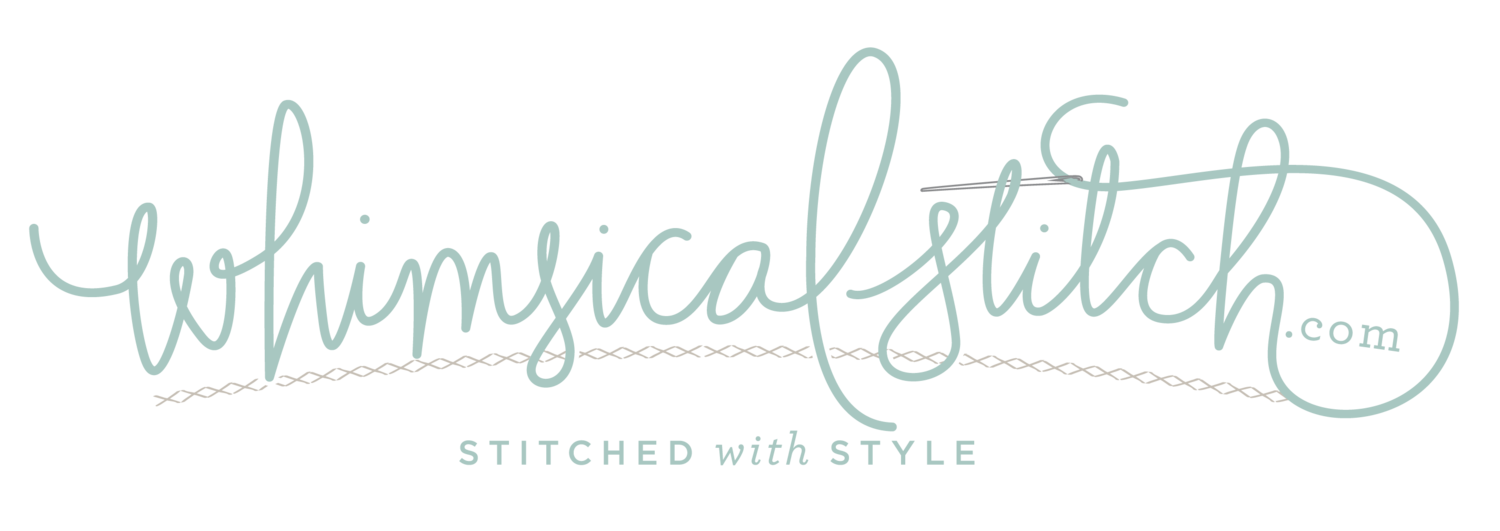Today’s post is brought to you by Sue. Sue is my hero today as her fast stitching from a recent embellishment event is the only reason we have a post today! Thank you Sue!
The stitch is from the clouds on one of my newest Stitch Concepts, Tribal Mask Giraffe by T. Chapman. (And, yes, Sue’s stitching is also the star of the post from a few weeks ago.) Today’s stitched sample uses Soie D’Alger (black lines) and Petite Silk Lame (turquoise lines) on 18-mesh.
This pattern is as symmetrical and balanced as most of my stitches, yet there is a certain scattered look to it. It’s the open areas the add that little scattered surprise and I love it. This stitch will make a great outdoor space, such as a hill, green field, or tree. Consider using an overdyed silk floss or wool for all lines for any of those areas. Another idea is two related shades of a green Vineyard Silk or Merino Wool for the trees. Continuing the outdoor theme, consider this stitch for a roof with Rainbow LInen. Silk Floss or Neon Rays would be two good threads (individually or together) for a floor.
Adding an oversized bead (say a size 11 bead on 18 mesh or a size 8 bead on 13 mesh) to the center intersection of the open space could be an interesting addition for a dress or coat. If a bead isn’t quite the right accent, consider adding a cross stitch with your favorite metallic to the center.
This stitch diagram, along with all other #whimsicalwednesday and #smallspacesunday stitch diagrams, can also be found on a Pinterest board here.
Be sure to follow whimsicalstitch.com on Facebook, Pinterest, Instagram, and Twitter.
If you like what you see on this blog, want to learn some very creative decorative stitches, and how to put them all together, whimsicalstitch.com sells Stitch Guides and Stitch Concepts for Melissa Shirley Designs, Zecca Designs, Sandra Gilmore, Purple Palm, Maggie, and Patience Brewster, and many more. Click here to see the newest guides and click here to see the entire collection.
I hope you have the perfect spot for this stitch! Please enjoy!
A Note about Diagrams
I use color in diagrams to make them as clear as possible. The primary function of different colored lines is to illustrate a stitch sequence. For example, layering of colors demonstrates you add them in that order. They can also provide ideas on how to integrate additional threads (one line for each color). Or, you can use the same thread for all color lines. That's where I encourage you to use your imagination for the space you are stitching!





